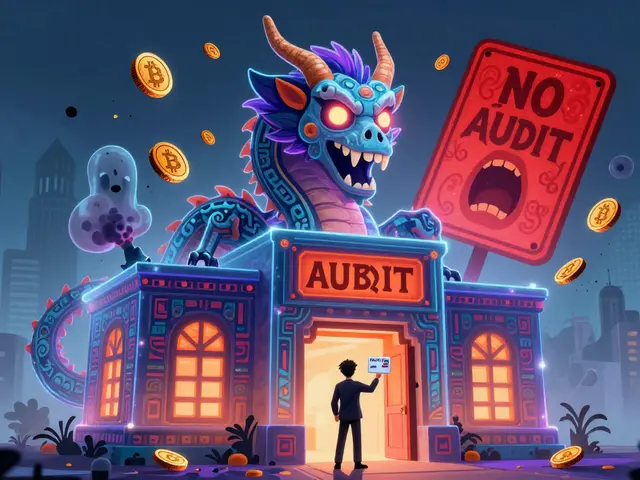Crypto Mining Legality: Where It’s Allowed, Banned, and Everything In Between
When you mine crypto mining, the process of validating blockchain transactions and earning new coins as a reward. Also known as cryptocurrency mining, it’s the backbone of networks like Bitcoin and Ethereum Classic—but its legality isn’t the same everywhere. Some countries treat it like a utility, others like a crime. And in between? A messy patchwork of taxes, permits, and hidden restrictions.
Take China, a country that once dominated global Bitcoin mining before banning it outright in 2021. The move wasn’t about energy waste—it was about control. The government wanted to stop citizens from bypassing capital controls using decentralized money. Meanwhile, in El Salvador, where Bitcoin is legal tender, mining is actively encouraged with tax breaks and cheap geothermal power. Then there’s Russia, where mining is technically legal but under heavy scrutiny, with recent bills pushing to classify it as a financial activity requiring licenses. And in places like Iran, where electricity is subsidized, miners flock in—until the government cuts power to stop blackouts.
It’s not just about the country. Even within nations, rules change by state or region. In the U.S., Texas welcomes miners with cheap energy and no special licensing, while New York almost banned PoW mining entirely over energy concerns. In Germany, mining is legal but subject to income tax and VAT rules. In India, there’s no outright ban, but the government keeps warning about risks, and banks often block transactions tied to mining hardware. Then there’s Kuwait, where mining is illegal and punishable by jail time, and Algeria, where even owning mining equipment can land you in trouble.
What ties these places together? It’s not the tech—it’s power, control, and fear. Governments that rely on centralized financial systems see mining as a threat. Those with cheap energy or weak oversight see it as an economic opportunity. And in places where crypto is banned entirely, mining usually is too—because you can’t mine what you’re not allowed to hold.
So if you’re thinking about setting up a rig, don’t just check the price of Bitcoin. Check your local laws. A single power bill could get you flagged. A hardware purchase might trigger a government audit. And in some places, just running a node could be enough to get you on a watchlist. The tools are simple. The rules? Not so much.
Below, you’ll find real-world examples of how mining laws are shaping who can mine, where, and under what conditions—from crackdowns in authoritarian states to tax loopholes in crypto-friendly zones. No fluff. Just what’s actually happening on the ground.











